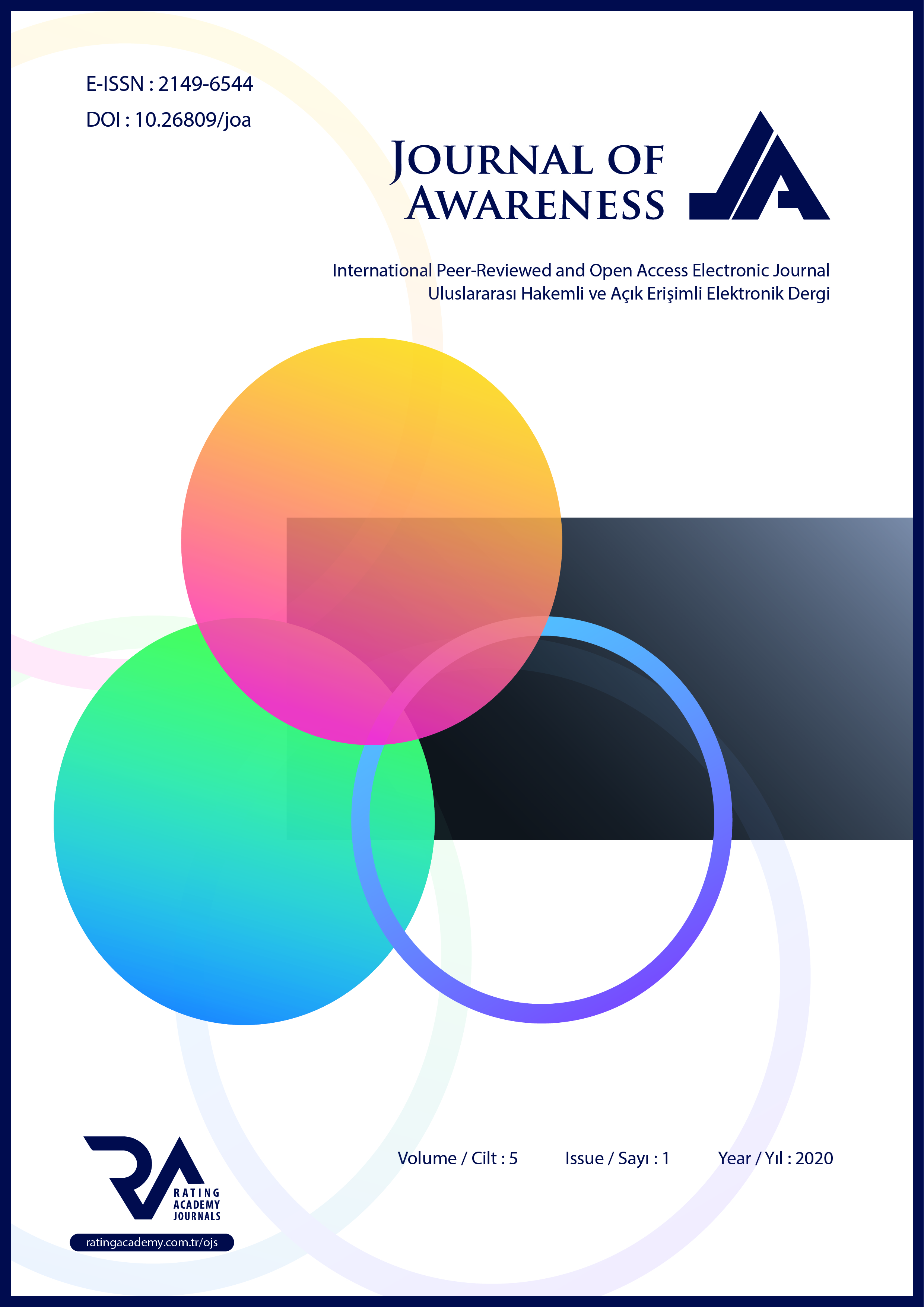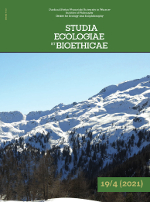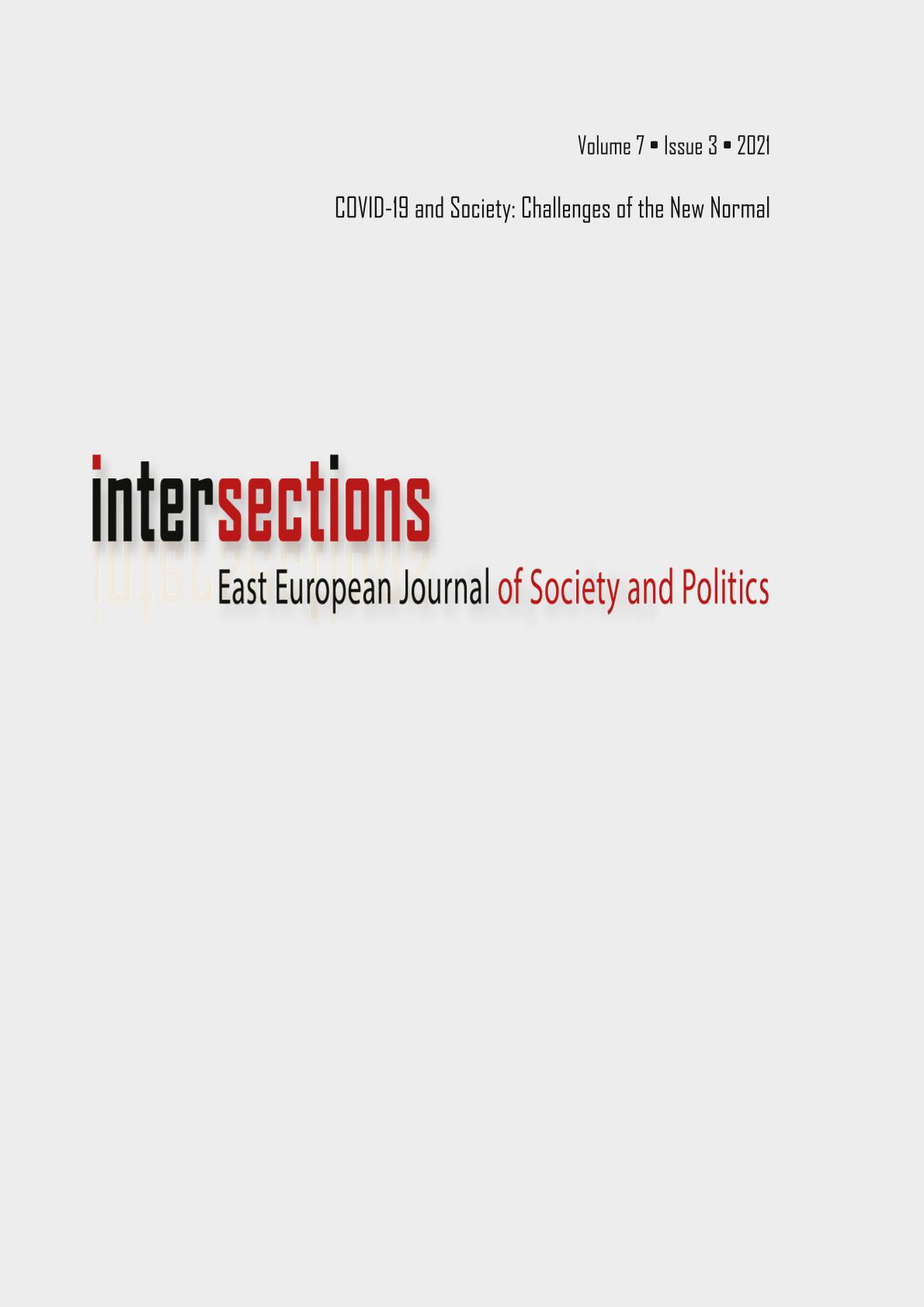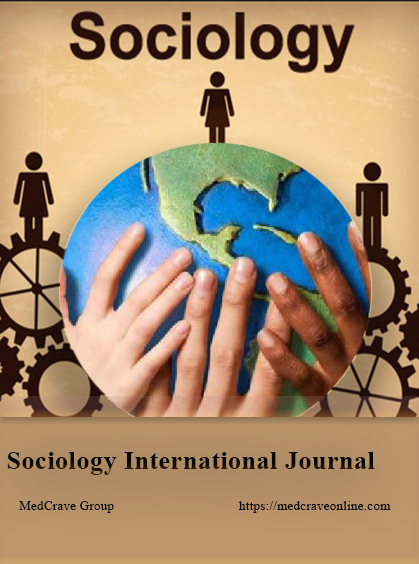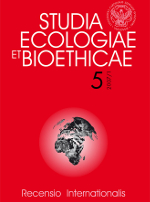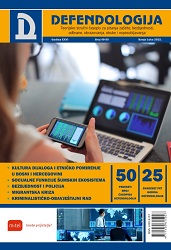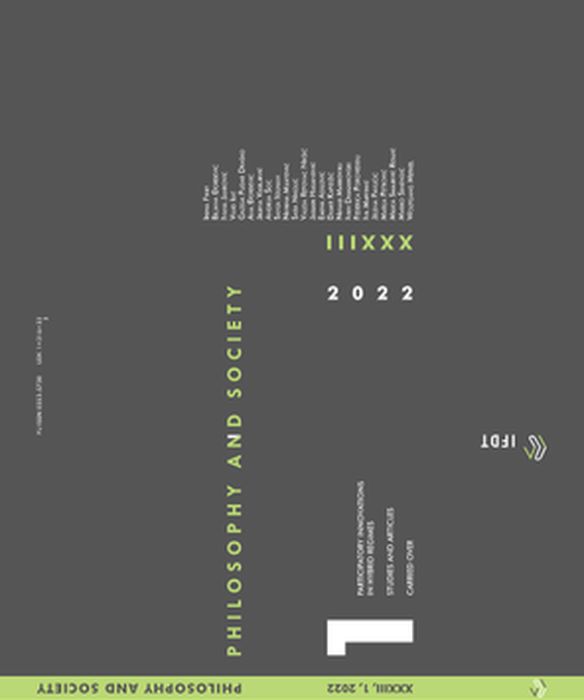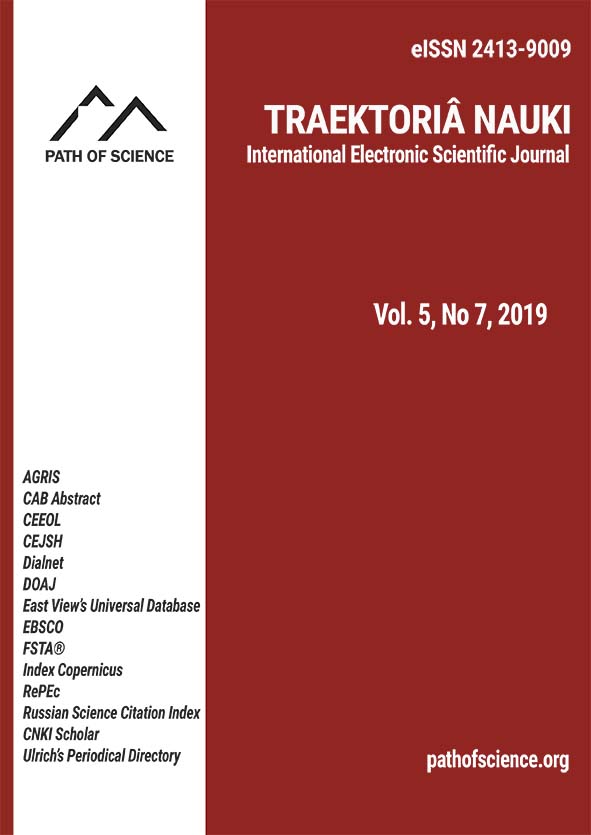
Characterization of Doum Palm Seed Kernel as Natural Sorbent for Metal Ions Removal from Gombe Ternary Wastewater
Water pollution is one of the major challenges in cities and industrialized areas of the world. The effluent from Gombe ternary wastewater pollutes the surrounding waters thereby constituting health threat to the populace within its vicinity. In view of the above, a bio-sorption study of zinc and lead ions from Gombe ternary wastewater using doum palm seed kernel was carried out. The wastewater was characterized and was found to contain 0.03 mg/l lead metal ion and 0.81 mg/l zinc ion. The doum palm kernel bio-sorbent was obtained after oil extraction from the seed and processed as contained in the method mentioned in this paper. The kernel residue was characterized for functional groups using FTIR, surface morphology using SEM, surface area using BET, and elemental composition using XRF. The results indicated that the doum palm kernel is harmless, and possesses functional groups on its surface, which may be substituted with the metallic ions present in the wastewater. This gives the kernel the ability to adsorb positively charged ions on its surface by simple chemisorption. This mechanism is supported by the rough surface observed in the scanning electron microscopy. Adsorption and desorption of nitrogen was made at STP and the curve indicated very high correlation of close to unity. The surface area measured by multi BET method was recorded as 13.464 m2/g. This value is not high enough to adsorb metals by physical adsorption.
More...
